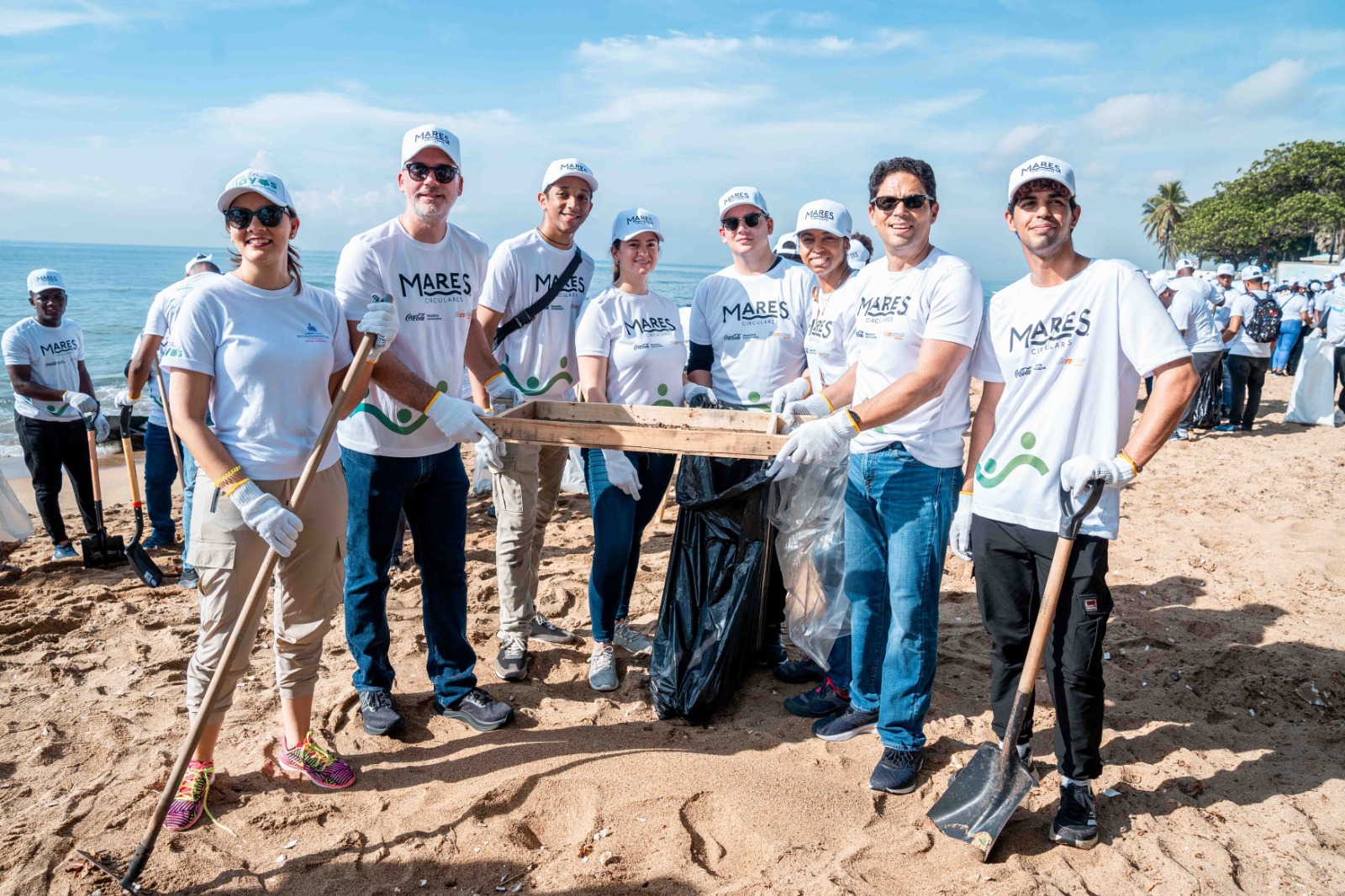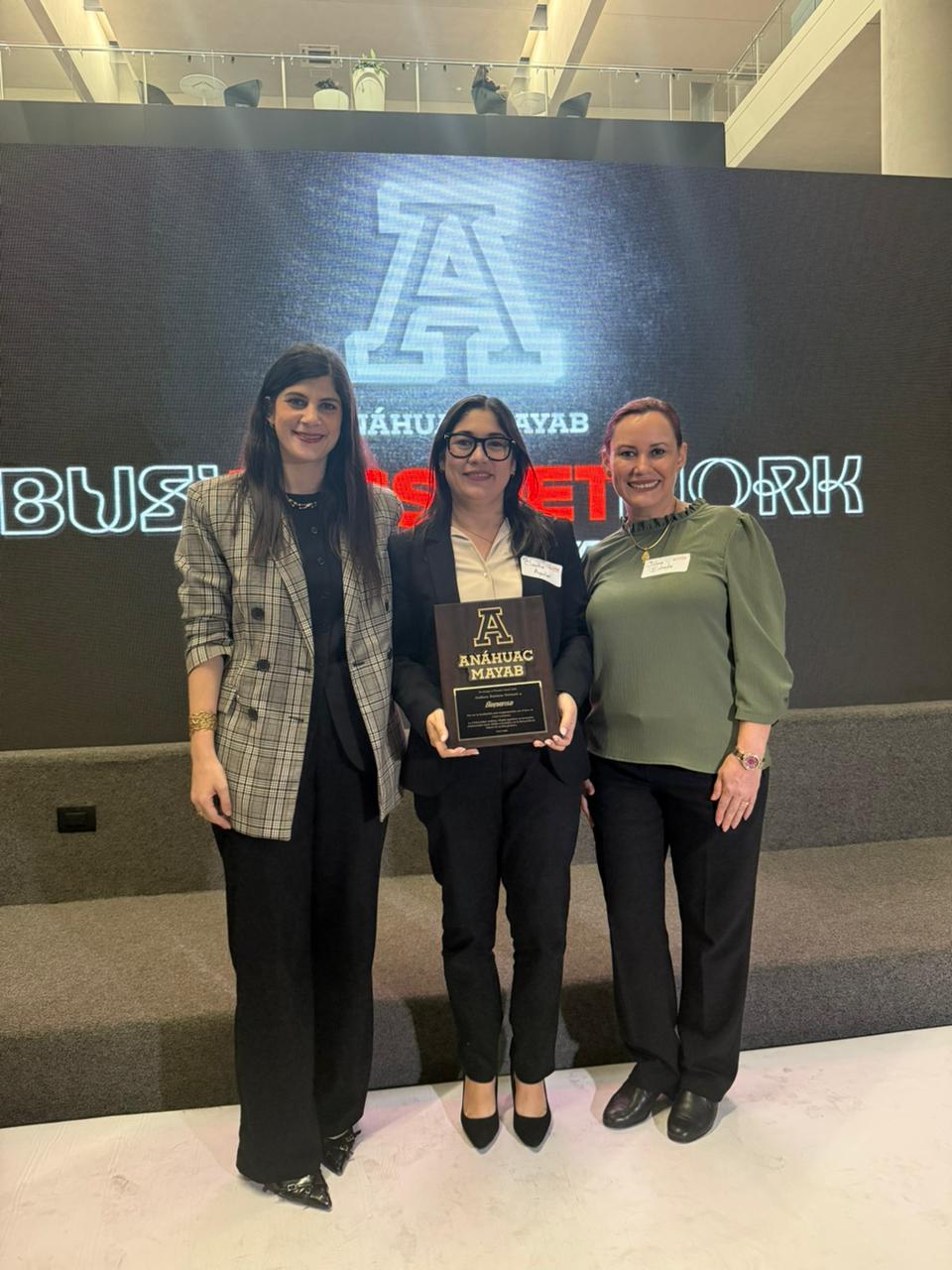Santo Domingo. – This Saturday, Güibia Beach became the scene of a massive collective effort by 350 volunteers united to clean up the coast and promote a recycling culture. The activity, organized by the Coca-Cola System, comprised of The Coca-Cola Company and its bottling partner, Bepensa Dominicana, in collaboration with a network of more than 30 partner institutions, demonstrated the commitment of the national triple helix to environmental protection.
This cleanup, carried out under the Circular Seas platform simultaneously across all Coca-Cola System operations in the Caribbean, with the support of all partners, raised awareness about proper waste disposal and promoted a recycling culture through the circular economy.
Likewise, Alejandro Herrera, representing the Coca-Cola System, emphasized the importance of cross-sector collaboration in preserving natural resources.
“Thanks to so many willing partners, we have launched nearly 10 initiatives to promote a recycling culture. These projects have been possible thanks to the favorable investment climate that has been consolidated in the country, which we must continue to protect to promote new initiatives for the sustainable development of the Dominican Republic,” said Herrera, general director of Bepensa Dominicana.
Circular Seas is part of a comprehensive set of initiatives across the Coca-Cola System, aligned with the global commitment to "A World Without Waste," which aims to collect the equivalent of 100% of the packaging it brings to market by 2030. Progress toward this goal has been made possible through strategic partnerships established through various key programs and the support of institutions.
Institutions allied to the day
Various entities that collaborate with the Coca-Cola System on various ESG strategy projects, promoting sustainable development from environmental, social, and governance perspectives, joined this beach cleanup. In the case of the public sector, the Ministry of Environment and Natural Resources and the Public-Private Trust for Integrated Solid Waste Management joined the effort.
The business sector also included the National Council of Private Enterprise (CONEP), the Association of Industries of the Dominican Republic (AIRD), the Dominican Association of Exporters (ADOEXPO), the National Association of Hotels and Tourism of the Dominican Republic (Asonahores), the Santo Domingo Hotel Association (AHSD), the Association of Industrialists of the Northern Region (AIREN), the Association of Non-Alcoholic Beverage Industries of the Dominican Republic (Asibenas), the Dominican-Mexican Chamber of Commerce (CADOMMEX), the National Network of Business Support for Environmental Protection (ECORED), New Life for Waste (NUVI), the Dominican Association of the Plastics Industry (ADIPLAST), Packsol, Plastifar, Plásticos Multiform, the Yaque del Norte Water Fund, the Santo Domingo Water Fund, Recolectiva, Grupo Ramos, Scrapmen Recycling Group, Pure Eco Polymers, Banco Adopem de Ahorro y Crédito, CILPEN, NAICOM, Catalonia Hotels & Resorts, and SIGPA Dominicana.
It was also supported by academic entities such as the Pontifical Catholic Mother and Teacher University (PUCMM), the Santo Domingo Institute of Technology (INTEC), and APEC University. It also received support from the NGOs Sustainability 3Rs, the Sur Futuro Foundation, The Nature Conservancy, Banco Adopem de Ahorro y Crédito, Junior Achievement Dominicana, Lead Lab, and NETDU.



